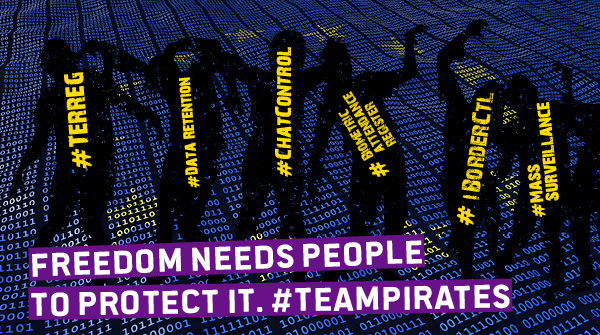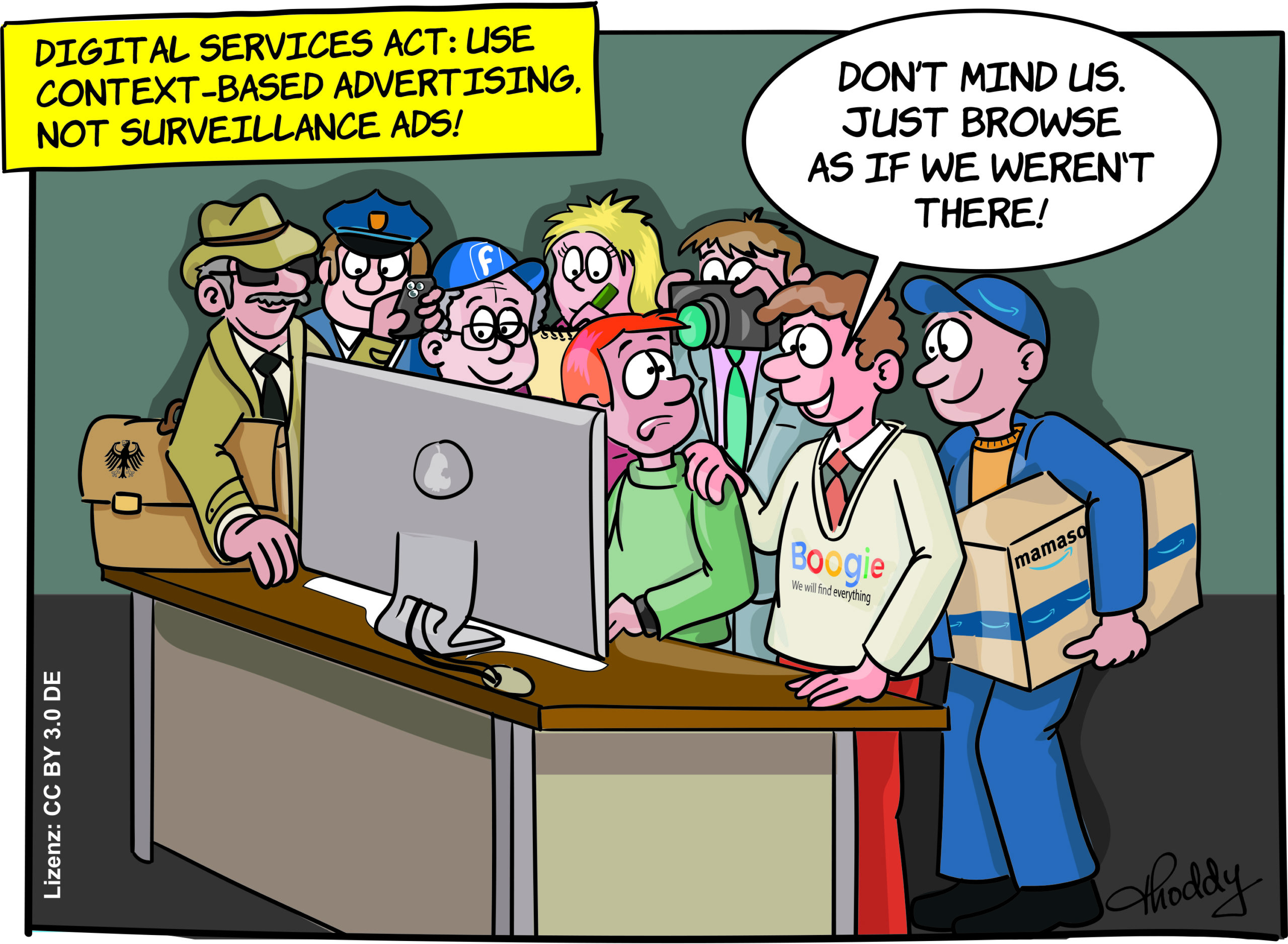Digital Service Act shows EU‘s unwillingness to take digital age into its own hands
After today’s approval by the EU Council, the European Parliament’s Internal Market Committee is expected to give its final nod to the EU’s Digital Services Act tomorrow. Until recently, controversy arose over the issue of upload filters. Pirate Party MEP Dr Patrick Breyer sat at the negotiating table as rapporteur for the Committee on Civil Liberties (LIBE) and comments on the final version of the digital law:
“The new set of rules does not deserve the name ‘Digital Constitution’, because the deal fails in protecting our fundamental rights on the net. Our privacy is neither protected by a right to use digital services anonymously nor by a right to encryption or a ban on blanket data retention requirements. Freedom of expression is not protected from error-prone censorship machines (upload filters), arbitrary platform censorship and cross-border content removal orders from illiberal EU member states without judicial approval, in effect making perfectly legally published media reports and information removable by referring to problematic national laws. The lack of alternatives leave us with corporate algorithms which prefer to show us hate, violence and misinformation in the interest of maximum profits. Industry and government interests have sadly largely prevailed over digital civil liberties.”
“Thankfully excessive national platform laws are a thing of the past with the DSA. Minors will be protected from surveillance advertising. The promised ban on us ing sensitive personality traits such as a user’s political opinion, illnesses or sexual preferences for manipulation and targeting of advertising was severely watered down after heavy industry lobbying. We were able to prevent the indiscriminate collection of the mobile phone numbers of all uploaders on adult platforms, which would have endangered the privacy of users and the safety of sex workers due to foreseeable data hacks and leaks. We were also able to prevent take down obligations for search engines and several other initiatives harmful to user rights.”
In the national implementations of the DSA, we must pay close attention that content removal and user surveillance orders are reserved to independent Courts and narrowly limited. And we must now fight all the more passionately for digital civil rights in the negotiations that are still ongoing: in the ePrivacy negotiations, we must fight for a right to encryption and a ‘do not track’ browser setting; regarding the proposal on political advertising, I will campaign for the protection of elections against manipulation relying ondigital surveillance data. We must finally take the digital age into our own hands instead of surrendering it to corporations and authorities!”


